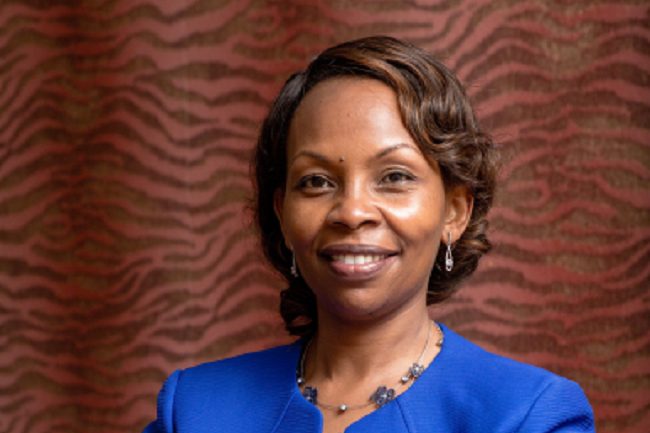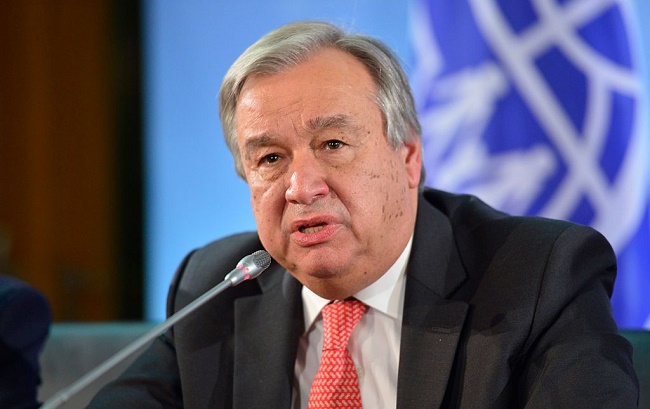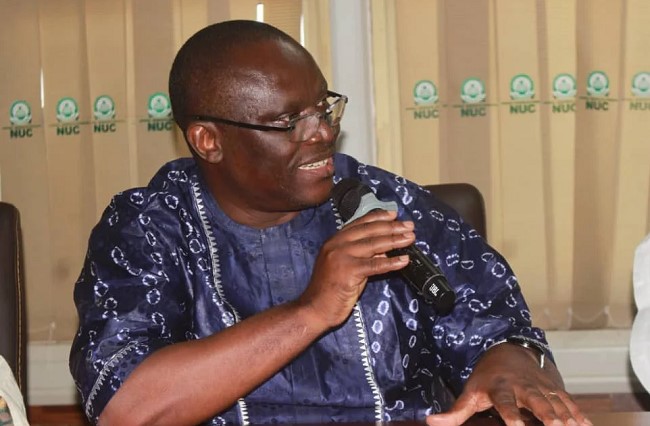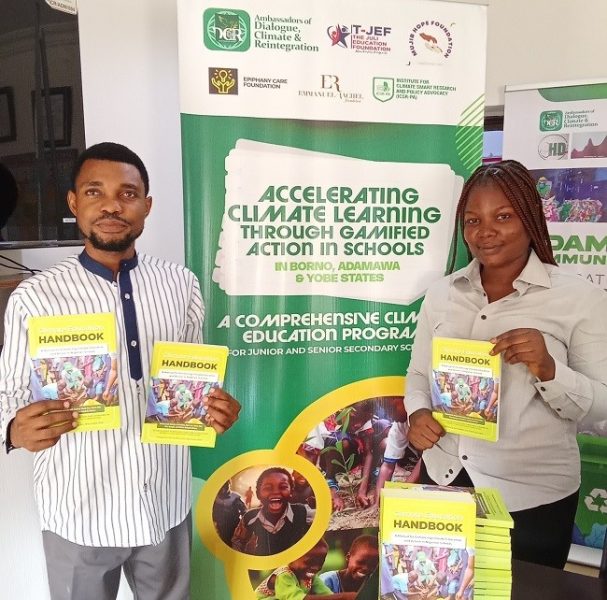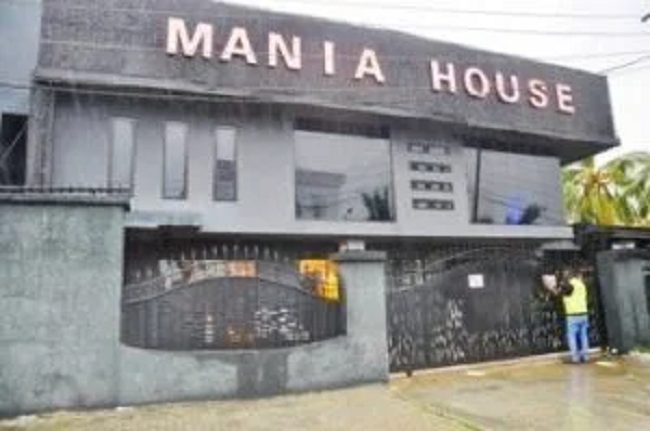TotalEnergies says it is taking a bold step in supporting Nigeria’s energy goals with the Ubeta gas field project in the OML 58 onshore license in Nigeria, now in its execution phase.
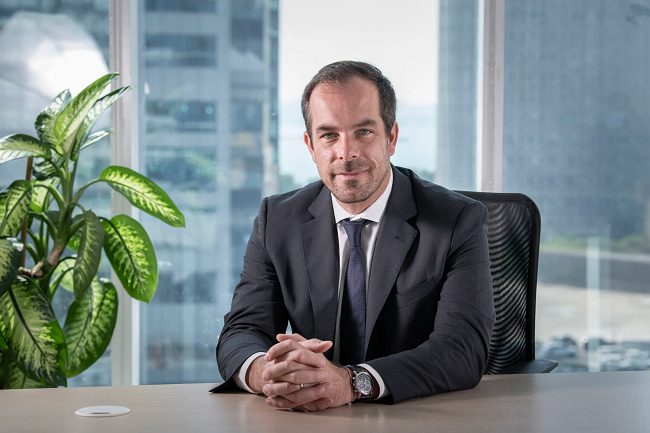
The project is set to deliver a plateau of around 70,000 barrels of oil equivalent per day including condensates, a significant contribution to Nigeria’s gas development ambitions.
“The 70,000 bpd from Ubeta is a major milestone, and first gas/commissioning is expected by 2027,” noted Matthieu Bouyer, Country Chair of TotalEnergies in Nigeria, during a high-level panel session titled “Pragmatically Achieving Energy Abundance” at the NOG Energy Week 2025.
The session took place on Wednesday, July 2, 2025, at the Bola Ahmed Tinubu International Conference Center (ICC), Abuja.
Bouyer expressed gratitude to the Nigerian Upstream Petroleum Regulatory Commission (NUPRC) and NNPC Limited for their continued support, which he said has positioned TotalEnergies ahead.
The Country Chair informed the participants of TotalEnergies IMA field, located within the OML112 and 117 under the AMNI/TEPNG Joint Venture 15km off the southeast coast of Nigeria. He said the project is currently at Front End Engineering Design (FEED) Phase and the gas field, which has a plateau of around 70,000 barrels of oil equivalent per day similarly to Ubeta, is expected to get its Final Investment Decision, FID in 2026.
Bouyer highlighted the company’s recent achievements, including a discovery in Ntokon two years ago, which is now progressing toward development, and the acquisition of additional new oil blocks in the past year.
On innovation and sustainability, Bouyer emphasised TotalEnergies’ commitment to cleaner operations:
“We’re deploying more advanced technology than ever to extract more oil and gas with fewer emissions. For instance, we use drone-based AUSEA (Airborne Ultralight Spectrometer for Environmental Application) technology on our upstream operations to detect methane leaks. We are also in partnership with NNPC Limited on this initiative. We’re here to support Nigeria, and we’re doing it sustainably.”
Bouyer also spoke on the company’s integrated approach to energy, from exploration to retail, and its active role in the domestic gas market, particularly through its stake in NLNG Train 7. He noted that while TotalEnergies’ renewable energy footprint in Nigeria is still modest, it remains a growing area of focus.

